Here at San Diego Detox, we understand that everyone’s journey to recovery is personal. We offer a tailored approach, combining luxurious comfort with professional, evidence-based medical care. Our goal? To support each person’s journey to wellness in the most effective and nurturing way possible.
We’re led by medical professionals and addiction specialists who deliver treatments rooted in science and compassion. They guide you toward lasting wellness and addiction recovery.
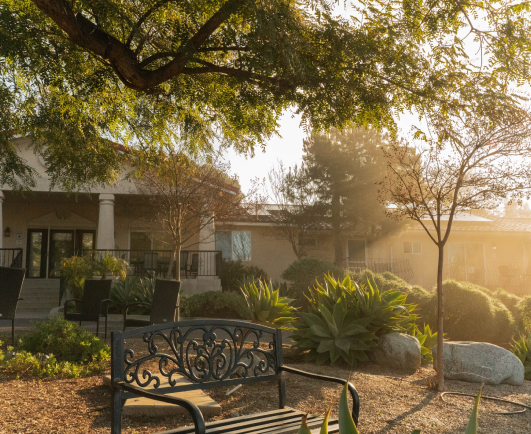
Experience a detox program tailored to your needs, designed to prioritize safety, comfort, and efficacy. Our evidence-based approach and upscale amenities ensure you’re prepared to start healing.
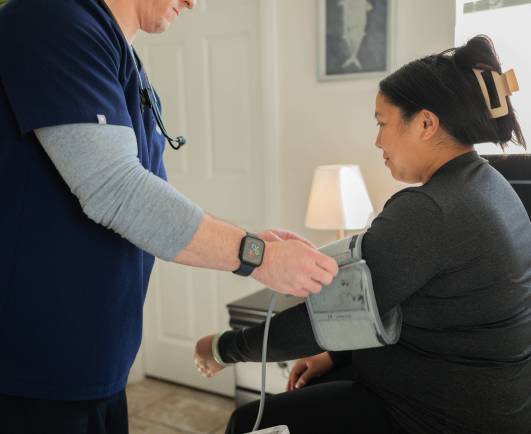
MAT programs seamlessly integrate cutting-edge pharmaceutical therapies with personalized care, addressing addiction with precision and empathy. You’re supported by the latest advancements in addiction medicine, empowering you to reclaim control of your life.
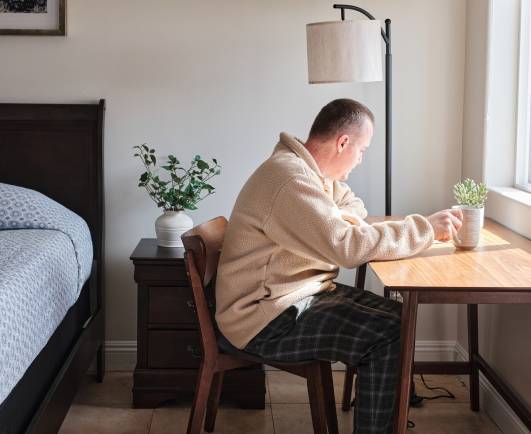

Our exclusive dual-diagnosis treatment program seamlessly integrates mental health care with addiction treatment. Our program focuses on personalized care and scientifically validated interventions to help you achieve holistic healing.
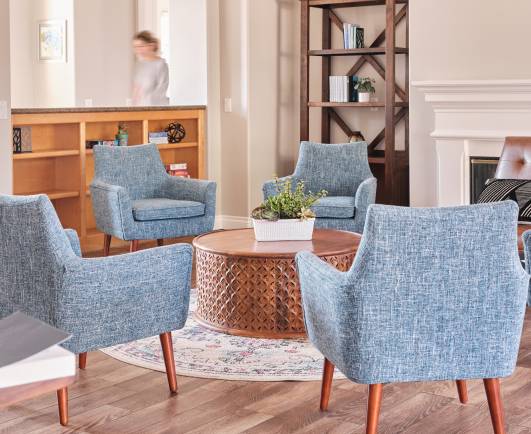
Engage in personalized individual and group therapy sessions, carefully curated to foster growth and connection—benefit from combining our therapists’ expertise with peer support, facilitating long-term sobriety.
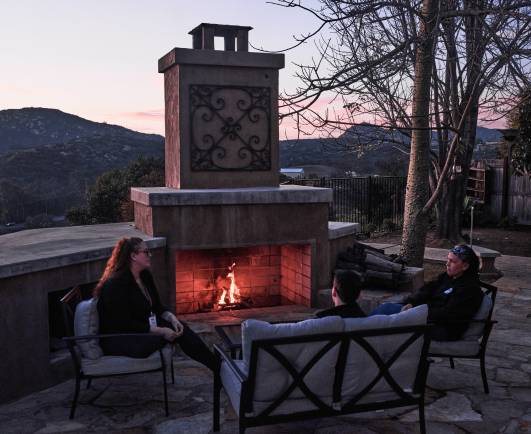
Immerse yourself in our holistic therapy offerings, blending treatments like yoga and meditation with modern luxury for transformative wellness to foster profound healing of the mind, body, and spirit.
Please don’t hesitate to reach out to us at any time. We’re here to listen to your questions and help you get answers.
Our gender-specific women's treatment program is designed to address women's unique needs and experiences in a refined, upscale, and safe setting.
Without Obligation. Discreet & Confidential.
